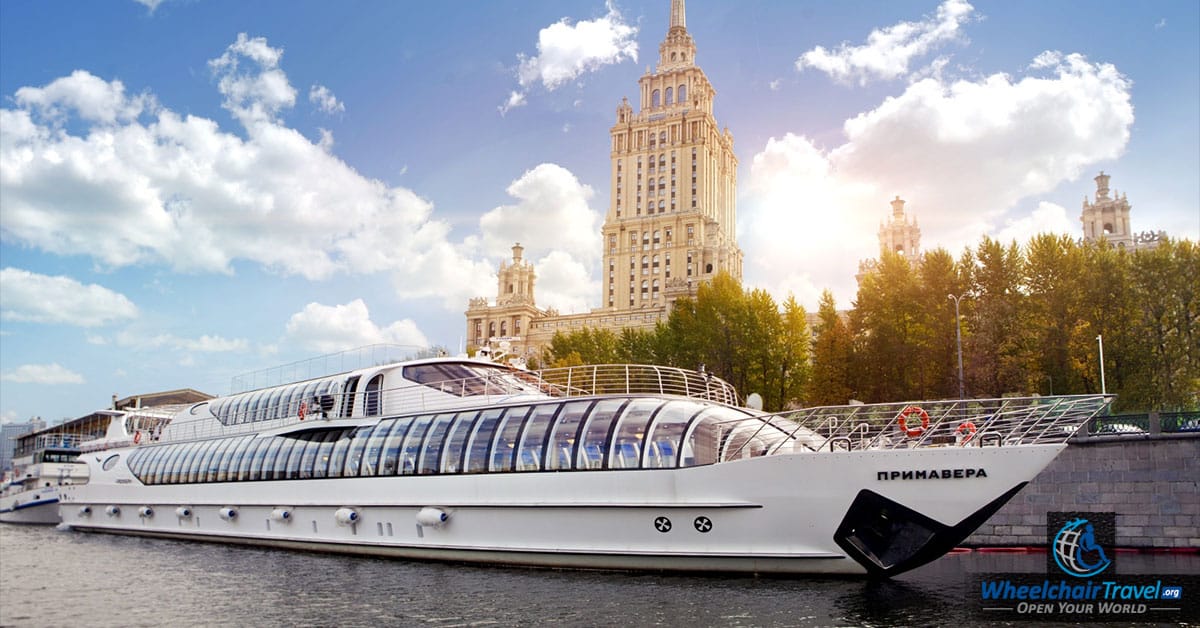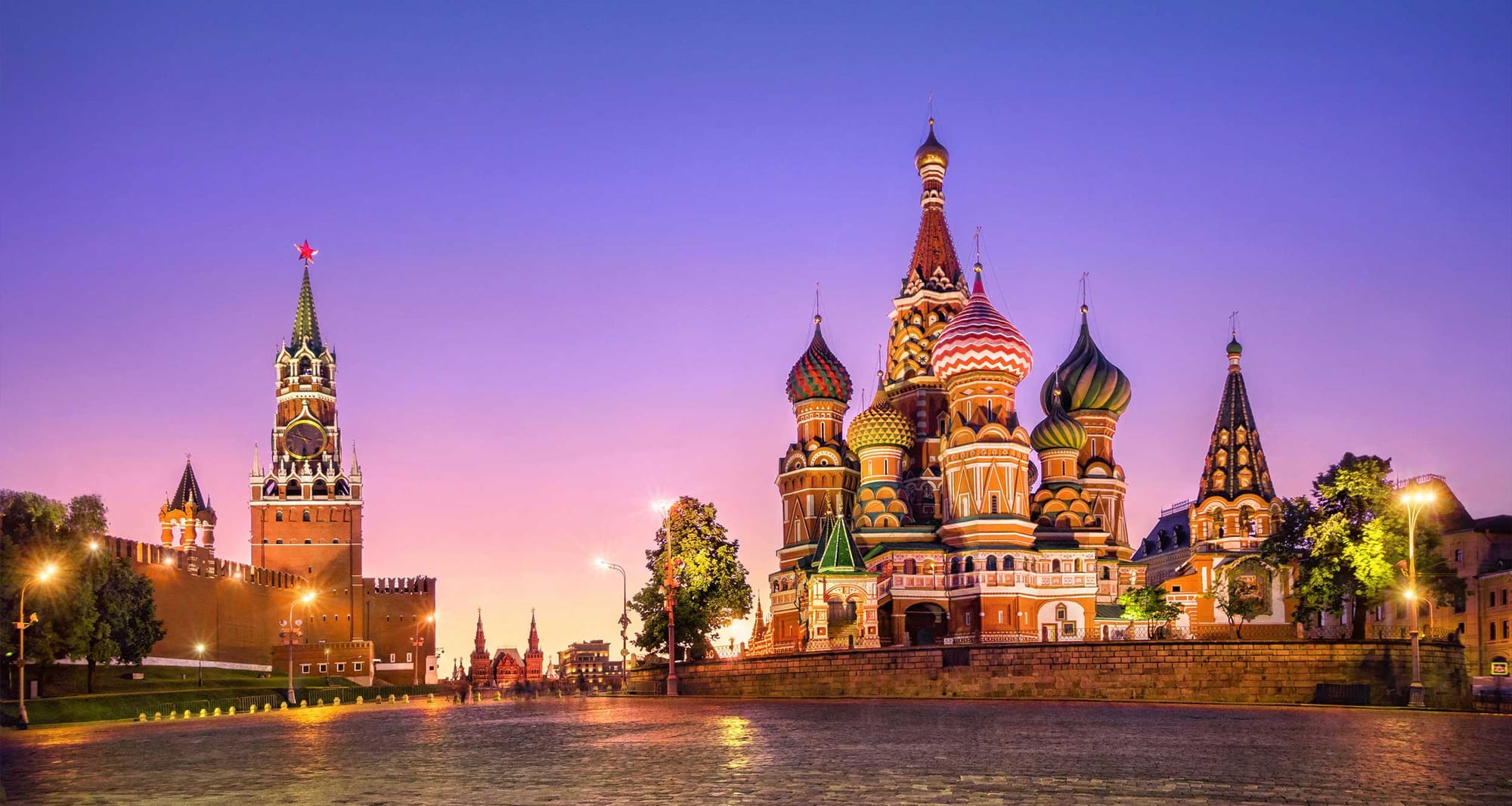
Moscow, the capital city of Russia and the seat of power within the former Soviet Union, is a major world city and the largest on the European continent. Rated by Forbes in 2013 as the world’s 9th most expensive city, trips can be costly without proper planning. Throughout the existence of the U.S.S.R., persons with disabilities were cast aside and hidden in the shadows. Leading up to the 1980 Moscow Olympics, a Soviet official infamously declined to host that year’s Paralympics, saying, “There are no invalids in the U.S.S.R.!” Since the fall of the Iron Curtain, access in Russia has improved, but at a remarkably slow pace.
With sights including the Kremlin, Red Square, St. Basil’s Cathedral and the Pushkin National Art Museum, Moscow is a dream destination for travelers of all abilities. Due to the country’s past history of discrimination towards the disabled and “invalids,” few would expect the city of Moscow to be accessible to those with mobility challenges. Surprisingly, though, the city can be accessed by those in wheelchairs, despite a number of obstacles which remain. While wheelchair travelers will have limited access to many museums and sights, the public transportation system can be utilized with planning. In a country whose government draws the ire of the world for its aggression and recent moves toward expansion, its growing access to the disabled community is a surprising reality that should be celebrated.
Moscow Travel Guide Contents
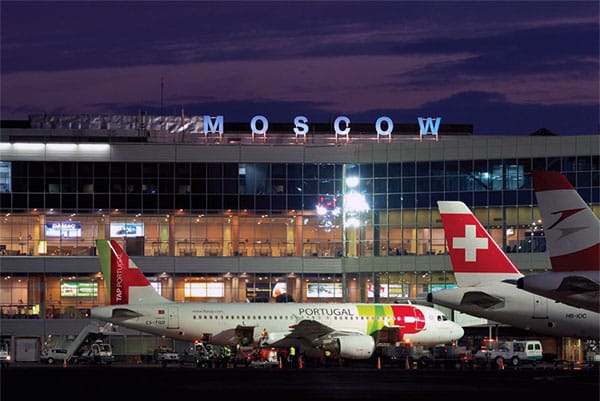
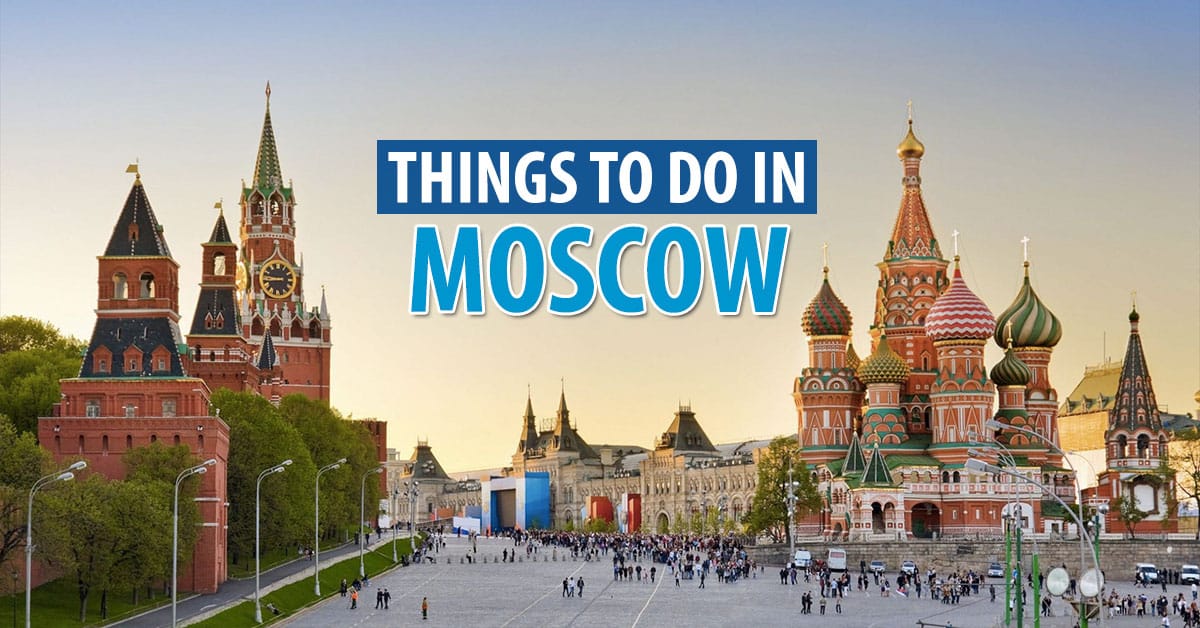

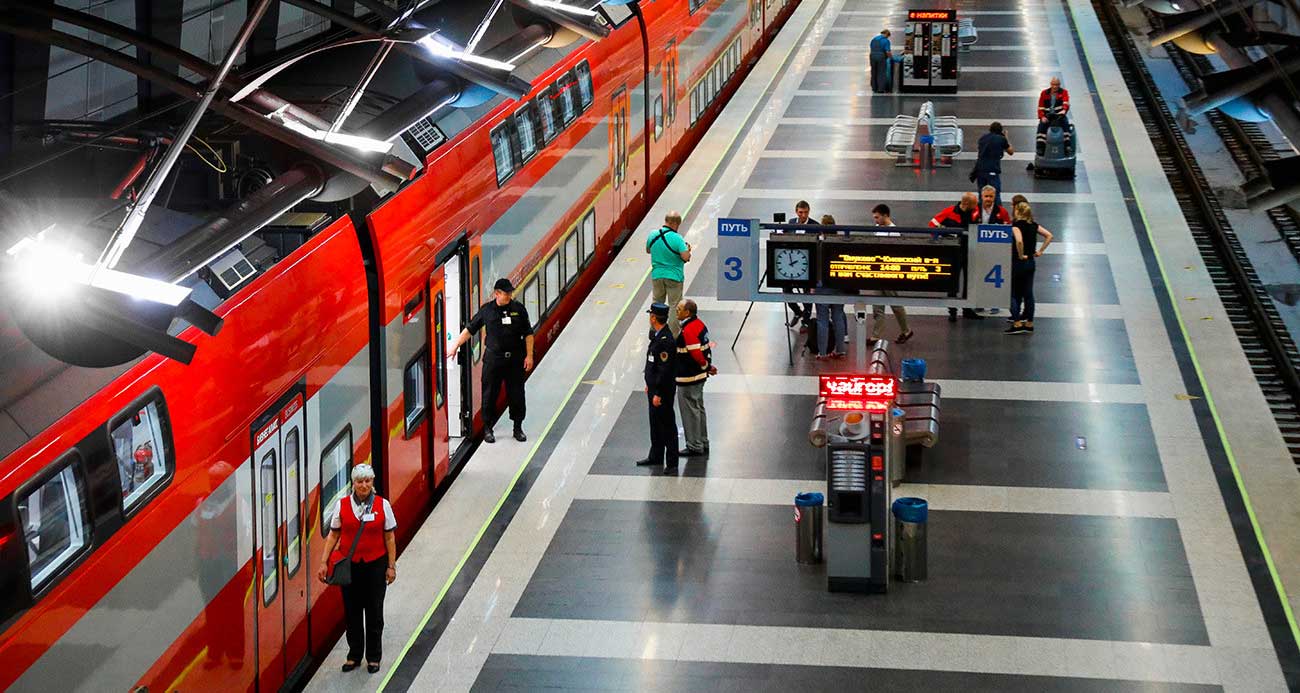
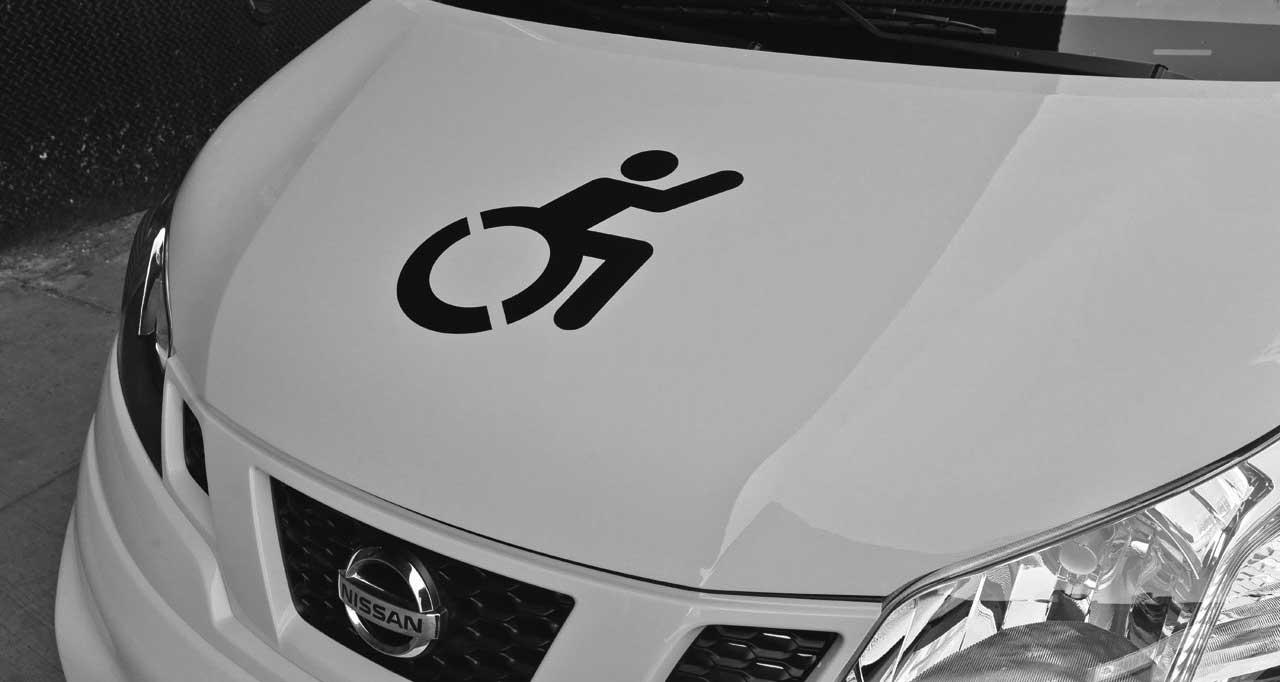

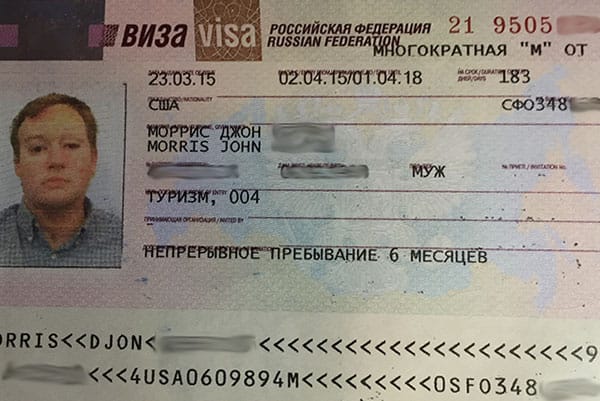
Additional reading
The following articles from the Wheelchair Travel Blog also provide unique insight into the City of Moscow, covering topics relating to accessible tourism in Moscow.
